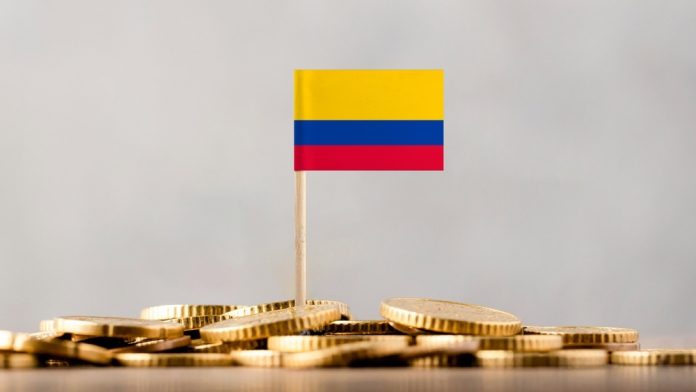Colombia’s online gambling tax measures are set to be reviewed as the Senate of Colombia continues to overhaul public welfare and healthcare systems in the nation.
Scheduled to begin on Friday, February 16, the debates will be led by Senator Antonio Correa of Partido de la Union.
Colombia revamped its Gambling Act (2001) back in 2016, approving new laws to govern online gambling products and services. This saw the country become the first in South America to launch a regulated and taxed online gambling regime in 2017, open to foreign and domestic businesses.
In the upcoming debates, senators in the upper house will review the current tax framework for online gambling, which currently charges a 15 per cent GGR rate on licenced operators that maintain an RTP of 83 per cent of total stakes.
For those companies that register an RTP percentage above 83, a 17 per cent GGR rate is charged.
The overhaul of Colombia’s public welfare and healthcare systems is recognised as the principal mandate of President Gustavo Petro. Taking office in 2023, Petro had several high-profile clashes with government departments and senior civil servants, including with the leadership of Coljuegos, Colombia’s federal gambling authority.
The President’s office was accused of bypassing congressional procedures to approve its sweeping reforms for welfare and healthcare, while allegedly neglecting the needs of other public services.
This led to the then-Coljuegos President Roger Carrillo Ocampo’s resignation, who was later replaced by Marco Emilio Hincapié Ramírez.
Coljuegos’s annual financial report up to October 2023 declared tax takings of COL $750bn (€166m), designated to public health projects as the regulator’s primary social directive.
With deliberations set to begin this week, the Senate revealed that no party has currently submitted a proposal suggesting new text percentages to be levied on online gambling operators.
Initiating the debate, Correa cited that online gambling was simply earmarked as a business sector whose taxes would be reviewed to reduce the deficit in public health.
Correa did, however, note the Senate’s understanding of issues raised when increasing the tax burden on online gambling, recognising leading operators’ financial impact on Colombian sports leagues and media.
Nevertheless, the Senate described 2024 as a critical year in which the government is required to form a new strategy and settle its finances and funding to solve Colombia’s ongoing public health and welfare crisis.












